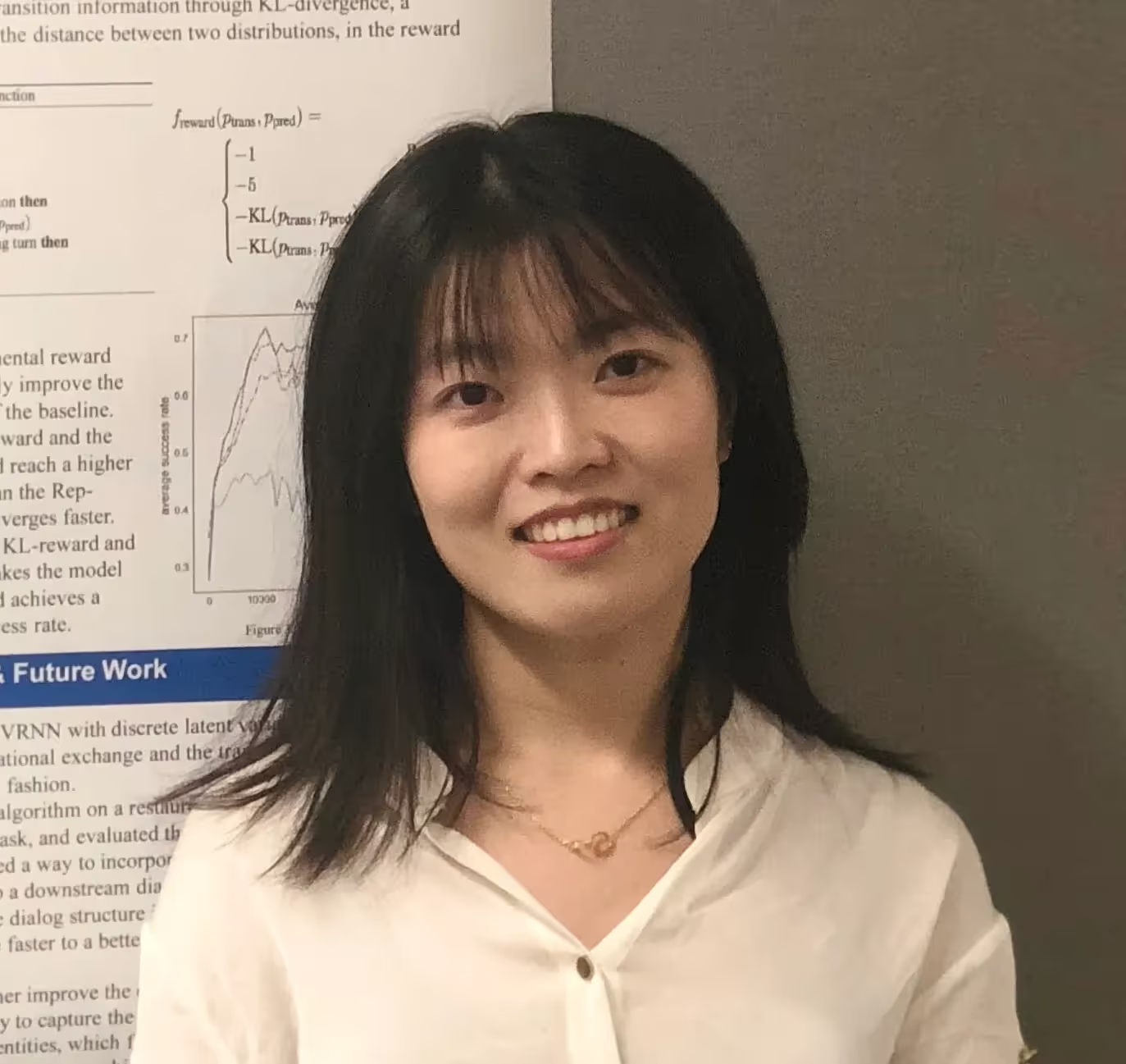Before his opening keynote at AI in Action Week, Steve Chien from the NASA Jet Propulsion Laboratory at the California Institute of Technology joined us for a Distinguished Lecturer Seminar at Northeastern University on Monday, April 1, 2024.
Abstract:
Most Earth Science Space missions blindly acquire nadir data, e.g. the data that is directly underneath the satellite’s orbit. AI offers the potential of space missions to instead hunt and track the science phenomena of interest.
In this talk, Steve Chien describes the new “Dynamic Targeting” mission concept in which a satellite uses a lookahead sensor to acquire data, uses edge computing to analyze this data and uses this analysis to target a primary sensor to optimize science return, all within a roughly 30-40 second decision cycle dictated by orbital velocity (~ 7.5 km/s).
Chien first details this approach using the SMICES smart ice-hunting radar mission concept. For SMICES, a forward-looking radiometer is used to detect likely areas for deep convective ice storms which are then targeted using an advanced radar. He describes the use of a Weather Research Forecast (WRF) forecast model as a digital twin in conjunction with both unsupervised and supervised learning to develop radiometer data classifiers to identify likely deep convective ice storms. Then, he describes the online dynamic targeting algorithm that uses this information to optimize mission return. He then describes several other applications of Dynamic Targeting to cloud avoidance and study of Planetary Boundary Layer (PBL) phenomena. He shows simulations and analyses that document that dynamic targeting can significantly improve mission return.
Flip through Steve's slides here:
Bio:

Steve Chien is a Technical Fellow, Senior Research Scientist, and (Co-) Head of the Artificial Intelligence Group at NASA's Jet Propulsion Laboratory, California Institute of Technology. He has played a key role in the deployment of AI software to a wide range of missions including: Autonomous Sciencecraft on EO-1, Earth Observing Sensorweb, WATCH on MER, IPEX, ESA’s Rosetta, ECOSTRESS, OCO-3, EMIT, and the M2020 Perseverance Rover (with Rosetta and M2020 being $B missions). Under Dr. Chien’s leadership, the JPL Artificial Intelligence Group has additionally deployed AI software several other $B missions/enterprises - the Deep Space Network, AEGIS on MSL and M2020, and the upcoming NISAR mission.
Dr. Chien has received numerous awards for these efforts. He has been recognized four times in the NASA Software of the Year competition (1999, 1999, 2005, and 2011). He has received four NASA Medals for his work in AI for Space (1997, 2000, 2007, 2015). In 2011 He was awarded the inaugural AIAA Intelligent Systems Award, for his contributions to Spacecraft Autonomy.
Dr. Chien has also supported the United States Government including: testifying to the U.S. Senate, supporting the Office of the Undersecretary of Defense - Research and Engineering, the Defense Science Board, and the USAF Scientific Advisory board. From 2018-2021 he was a Congressionally appointed member of the National Security Commission on Artificial Intelligence (nscai.gov). He is currently on the Army Science Board as an AI Subject Matter Expert.
Dr. Chien holds a B.S. in Computer Science (Highest Honors) with concentrations in Economics and Mathematics, an M.S. in Computer Science, and a Ph.D. in Computer Science (Artificial Intelligence, Machine Learning), all from the University of Illinois at Urbana-Champaign.
Keynote and Industry Speakers
Northeastern University Speakers
Agenda









.avif)







%20circ.avif)

































.avif)
.avif)

.avif)













-p-800.avif)



























.avif)





